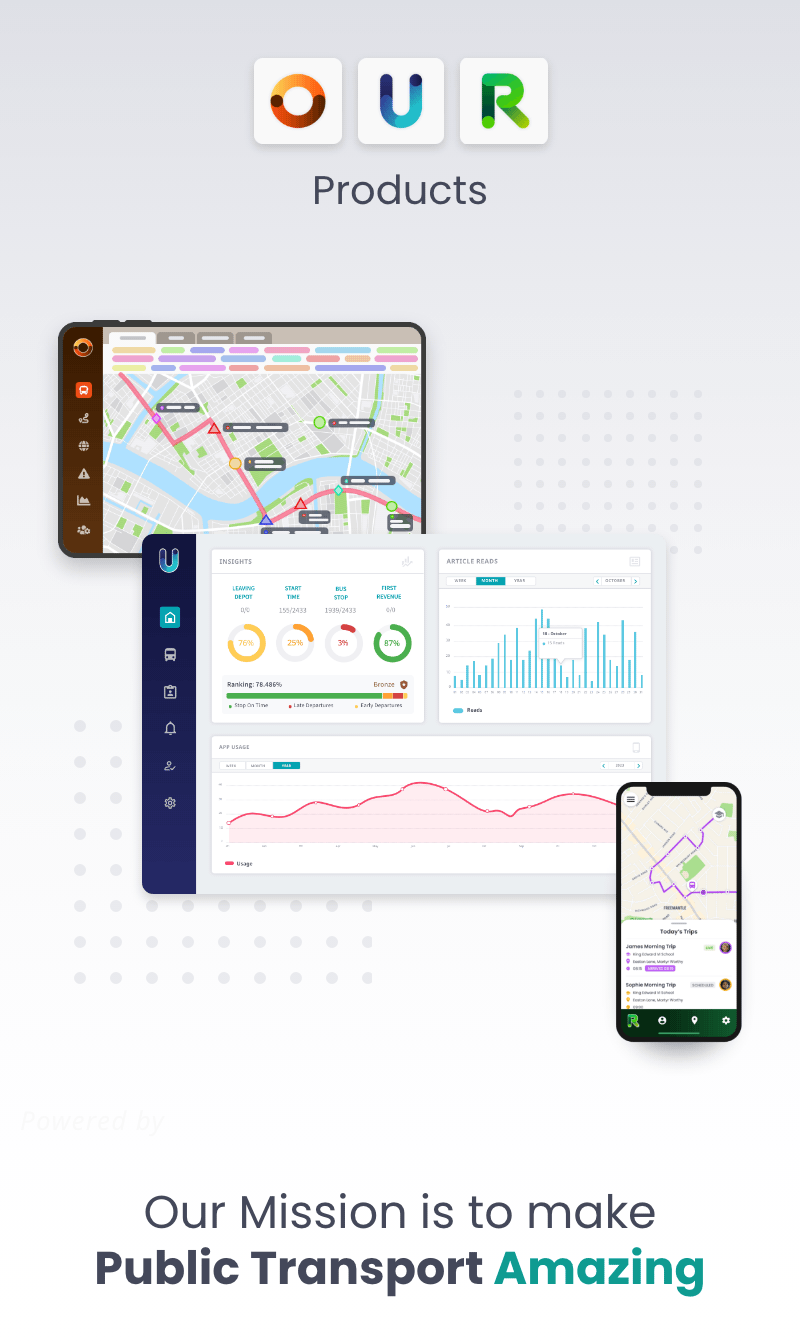The common saying “There’s no such thing as a free lunch” deserves a closer look. Upon reaching a specific age in the United Kingdom, the government provides each eligible individual with a complimentary bus pass. There are no hidden fees or additional conditions; the pass operates exactly as advertised.
CILT Report
Why is it that despite the provision of free bus passes to pensioners, it isn’t being used? The usage of these passes is significantly low; in fact, there has been a remarkable 36% decrease in the number of people traveling on buses. A recent report published by the Chartered Institute of Logistics and Transport (CILT) highlights this trend. Upon comparing data collected from 2019 to 2022, the report reveals a staggering reduction from 95 million passengers in 2019 to an unprecedented low of 61.2 million in 2022.
36% Decline In use
The report shows that the average number of journeys made per year was 48 single journeys per passenger. The trends are disturbing, with OAP journeys reduced by 38%, and disabled passengers by 28%. The gender reduction shows male passengers have reduced by 32% and 36% for female passengers.
Less last passengers
The greatest decline in users was in the over 80s, with male users over 80 reduced by 43% and female users over 80 by 46%. These numbers are indeed very concerning, as they underscore a larger social issue related to loneliness and inclusion, or rather the lack thereof. Each individual is more than just a statistic; they are real people who are unable to live the type of lives they deserve and need. When considering it, 48 journeys a year out of 365 is not a substantial number. This equates to a significant amount of time spent confined within four walls, without the ability to visit friends, attend medical appointments, shop, go to cinemas, and so forth.
Over 80’s, get on the bus
The report was presented by the team at the University of Plymouth. Dr. Andrew Seedhouse, lead author, said:
“Taking public transport can be more than just a journey. It can help people maintain contact, and avoid loneliness and isolation. Our motivation behind carrying out the research was to understand better how we can encourage people to get back into using the bus for social journeys. It’s confirmation that since COVID-19, concessionary travel is down across England. It is a concerning one.”
Dr. Andrew Seedhouse
The English National Concessionary Travel was introduced to provide free travel to those eligible, such as those of state pension age, in addition to eligible disabled residents. This would then allow free off-peak bus travel on weekdays, and all day at weekends and bank holidays.
Use it or lose it
The report indicated that the dramatic decline in free bus travel comes at a time when bus services across the UK have dropped by 10%, another worrying shot across the bows for the UK bus industry. An additional factor highlighted was the significant increase in home online shopping post-COVID.
Online shopping
The reality is that policymakers need to encourage more pensioners to make more journeys. It is likely that people are still reluctant to travel after certain negative messages were given out during COVID by Boris Johnson and others, telling people not to use buses as they might catch COVID. Fear plays a part, but in 2024, COVID is now under control, and masks are virtually a thing of the past.
The bus serves as more than a mere mode of transportation; it represents a vital component of human interaction and societal connectivity. It is a lifeline for the human condition. The bus is what it says: it is the Omnibus – all things to all people.

Written by Austin Birks








